Miniature Paintings of Nizam Ali Khan Asaf Jah II & Others: 18th Century Hyderabad: Based on Tuzuk-i-Asafia of Tajalli Ali Shah
A unique collection of seventy eight multi-colour Miniature Paintings of eighteenth century Hyderabad, unpublished, so far except a few are presented here for the first time. They are from a contemporary Persian manuscript Tuzuke I Asafia of Tajalli Ali Shah, preserved at the National Museum, New Delhi. Tajalli Ali Shah, a native of Hyderabad, was a Persian scholar, poet, Calligrapher and an expert artist who has produced excellent miniature paintings as a eye witness to the contemporary events. His multi-faceted and multi-colour paintings are superb, sumptuous and of highly finished quality as will be evident from the illustrations in the present book. They look fresh as if done yesterday, though they were executed during the second half of eighteenth century.
The only manuscript of Tuzuke I Asafia which has the miniatures is of the National Museum. New Delhi. None of the several other manuscripts at Hyderabad have the paintings. None of the specialized books of the Deccani paintings have recorded nor mentioned it. It is a contemporary illustrated biography of Nizam Ali Khan Asaf Jah II and history of the Deccan, as it describes and depicts in the paintings the Nizams war with the Marathas, Tipu Sultan, the French and the British. Also it describes the war of succession among the sons of Nizam ul Mulk Asaf Jah I after his death in 1748. He was physically present in all the contemporary events as such it is an authentic original source.
The paintings reflect socio-economic and cultural aspects as well as political aspects. They throw light on the life and times of the Nizams, the royalty and the people. They depict several social events, festivities celebrations etc.
Life and times of contemporary Deccan may be gleaned from paintings which depicts: Nizams darbar or Court, costumes ornaments jewellery processions of weddings etc., the armies of the Nizams, the Marathas the French the British Haider Ali and Tipu Sultan, their battles and their arms and armour.
A unique map of the walled-city of Hyderabad dated to circa 1768, is depicted with the darbar of Nizam Ali Khan in the Char Mahal Palace in the central panel giving audience to the French envoy Mon. Bussy around this theme is shown the entire walled city of Hyderabad with palaces, houses, mosques, Charminar, huge gates, roads etc. The houses exhibit variety of architecture of eighteenth century Hyderabad. Beyond the city-wall on top is the bridge across the river Musi leading to Golconda fort.
Get it now and save 10%
BECOME A MEMBER

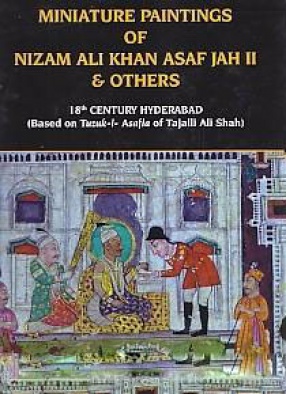
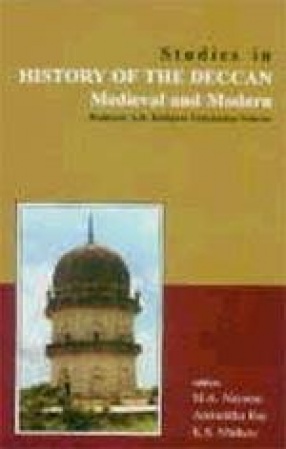
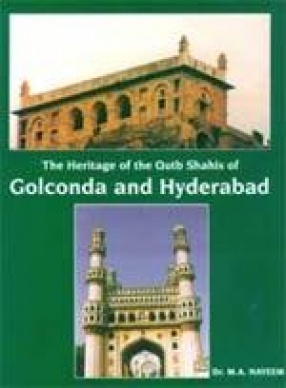
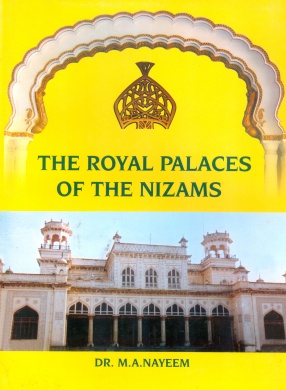
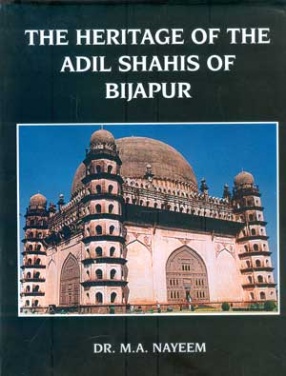
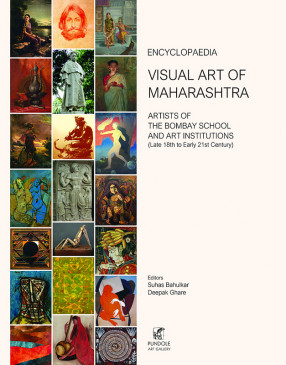
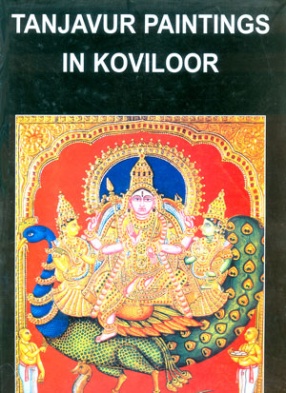
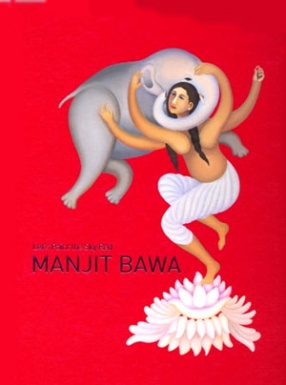
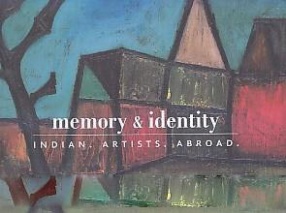

Bibliographic information
Tags